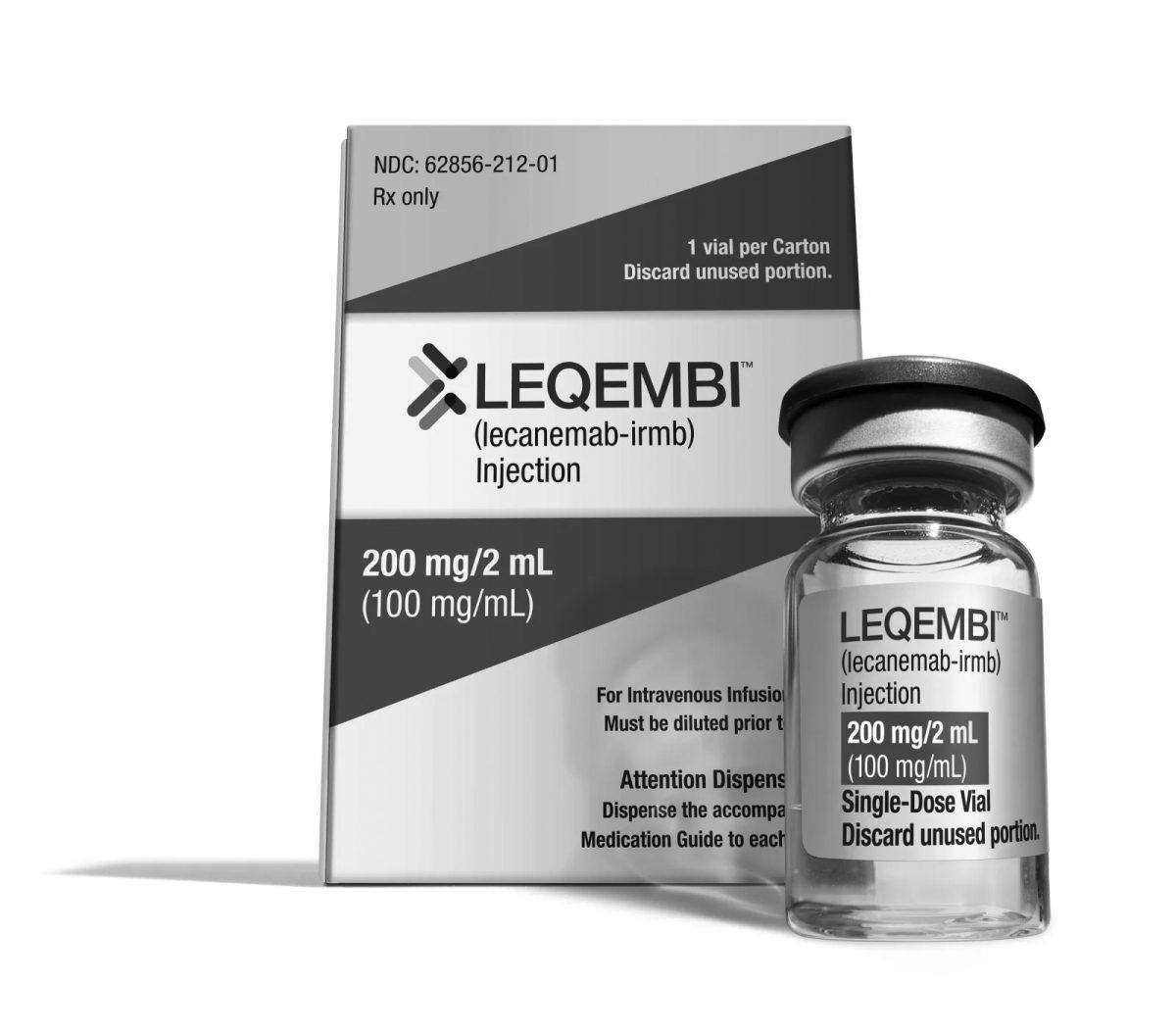(‘25)
Alzheimer’s, a progressive disease that affects memory and quality of life, has remained an incurable disease for decades. Despite the unfortunate reality of Alzheimer’s, a glimmer of hope has emerged. A new Alzheimer’s drug, Lecanemab, sold under the brand name Leqembi, debuted in the fall of 2022. With promising results from conducted tests by a Japanese healthcare company, Eisai, many individuals at Indian Hills may or may not look forward to the public release of the new drug: “I find it very reassuring that scientists and researchers are discovering a drug for Alzheimer’s disease” explains Kate Giletta, a student in the class of 2025.
But what exactly is Lecanemab?
Lecanemab is an investigational treatment drug with the objective of interfering with memory loss caused by Alzheimer’s. Naturally, individuals at Indian Hills who are close to someone suffering from Alzheimer’s may look forward to the release of Lecanemab. Kate Giletta, a current sophomore, elucidates how “[Alzheimer’s] is one of the leading causes of death among older people, and if this discovery is successful, it’ll likely signal an advancement in mortality rate.” Effectively accomplishing its goal to slow the progression of Alzheimer’s, Eisai anticipates “continued approval” for the treatment drug in non-trial clinical settings. As of early January, the FDA has “approved Leqmbi via the Accelerated Approval Pathway”, decreasing the time for Alzheimer’s to be released to the public.
Despite the positive results, is Lecanemab really safe?
Researchers and doctors from Eisai, a pharmaceutical company in Japan that has developed Lecanemab, are unsure if the “drug may or may not be effective […] especially since carriers of the APOE4 gene could be at higher risk of side effect” explains Dr. Richard Isaacson, director of the Alzheimer’s Prevention Clinic in the Center for Brain Health. Such hazardous side effects include brain bleeding and swelling, which may discourage Indian Hills students who are close to someone with Alzheimer’s from speaking with doctors about Lecanemab. Despite Eisai verifying Lecanemab’s safety, 0.7% of individuals out of the total receiving the treatment drug passed away from brain swelling occurring as a result of Lecanemab.
Will Lecanemab actually cure Alzheimer’s?
Whether Lecanemab will actually be able to cure Alzheimer’s requires further investigations and experimentation by Lecanemab researchers and doctors. With the multitude of improvements to be made to Lecanemab, claiming the investigational drug to be able to cure Alzheimer’s would be a stretch according to Eisai. Parallel to the number of improvements, many drugs with higher potential are currently being produced by Eisai. ’s may anticipate the FDA’s approval of the treatment drug for public release. Despite the overall positive results, the treatment drug encompasses lethal side effects such as brain swelling and bleeding, greatly limiting the number of individuals eligible to receive Lecanemab. If relatives or friends of Indian Hills students are qualified to receive the drug, however, Alzheimer’s may be significantly slowed and ameliorated.







